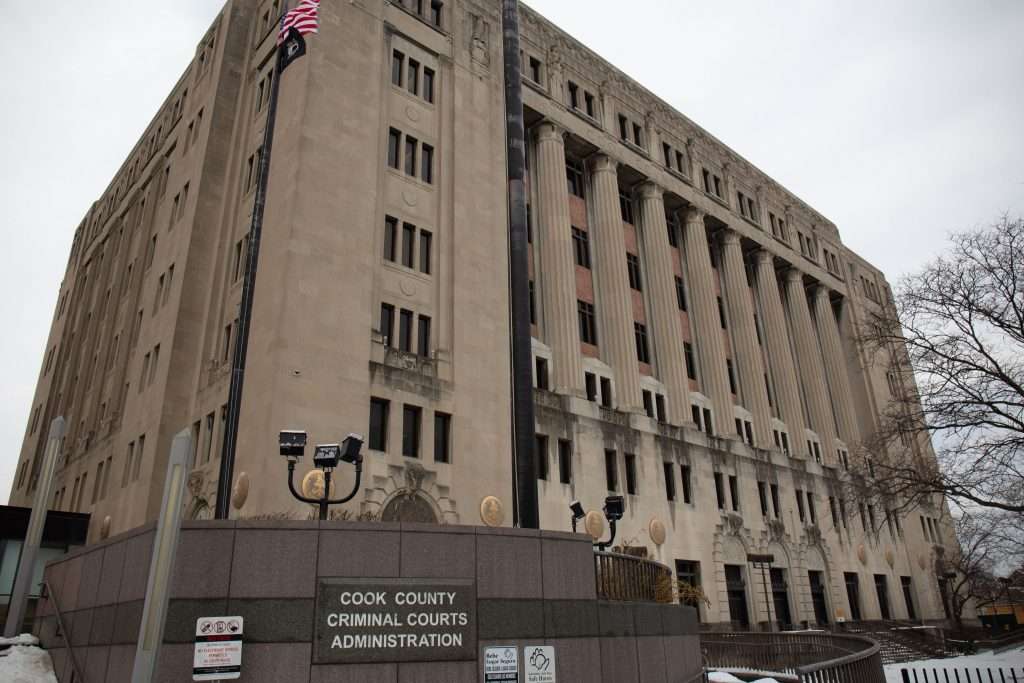Home » Class Actions » Class Action – Consumer Protection
Consumer Protection Class Actions
Companies that hide fees, distort ads, or sell defective products break consumer-protection laws. If you paid for something under false terms, you may be entitled to compensation.
Experienced Class Action Attorneys
Hidden junk fees, bait-and-switch promotions, and back-room pricing schemes hurt consumers every day. DraftKings lures bettors with “risk-free” wagers that aren’t truly risk-free. Dominant pharmacy-benefit managers (PBMs) steer patients toward higher-priced drugs while reimbursing community pharmacies pennies on the dollar. The Helbiz transportation system and token rollout left riders and small investors paying for promises that never materialized. Each pattern siphons money from ordinary people and funnels it to insiders who already hold the power.
At Loevy + Loevy, we turn that power imbalance on its head. We don’t file class actions for quick, hollow settlements; we file them to force systemic change. Trial is not our fallback. It’s a tool we wield with confidence.
Our team has delivered nationwide wins in consumer fraud, data privacy, and complex financial misconduct cases. We blend deep courtroom experience with inventive strategy, pushing every matter as though a verdict will decide it, and defendants know it. Class actions should restore trust, deter repeat abuse, and put money back where it belongs: in consumers’ pockets. That is our mission in every case we accept, no matter how hard we have to fight.
Class Action Wins
Current Consumer Protection Class Actions
DraftKings
Gambling, Consumer Protection
Many people have been taken in by deceptive promotions from the online betting giant, which misleads them into betting and losing large amounts of money.
LEARN MORE
ACTIVE
Instacart
Consumer Protection
Instacart has been collecting, storing, and sharing the facial recognition information of its shoppers, in violation of Illinois’ Biological Information Privacy Act (BIPA).
LEARN MORE
ACTIVE
PBMs
Healthcare, Consumer Protection
The top three PBMs control nearly 80% of U.S. prescriptions, underpaying pharmacies and raising patient prices. If your pharmacy’s reimbursements plunged, you may be entitled to compensation.
LEARN MORE
INVESTIGATION
Consumer Loans
Consumer Protection
Financial institutions are delaying loan-payment credits to profit from overnight float and pile on extra interest. If your payment posted late, you may be entitled to compensation.
LEARN MORE
INVESTIGATION
Accredo
Healthcare, Consumer Protection
Thousands of patients depending on “specialty” pharmacy Accredo report delays, cancelled orders, surprise bills, and other problems. These practices may violate consumer-protection laws, insurance regulations, and federal mail-order pharmacy standards.
LEARN MORE
INVESTIGATION
Business Reviews
Consumer Protection
Review sites host unverified reviews and steer businesses towards pricey subscriptions for the tools needed to counter them. If your company lost revenue, you may be entitled to compensation.
LEARN MORE
INVESTIGATION
NRA
Consumer Protection
Former NRA members are suing the National Rifle Association (NRA), alleging that millions of dollars donors gave to support the organization’s mission actually went to support the lavish lifestyles of NRA executives.
LEARN MORE
ACTIVE
Helbiz
Consumer Protection
Investors were tricked into buying HelbizCoin cryptocurrency with false promises that it would be the sole currency of the company’s new transportation rental platform.
LEARN MORE
ACTIVE
Why Join a Class Action?
Joining a class action means shared costs, greater leverage, and a real chance to hold wrongdoers accountable—all without taking on the fight alone. And you pay nothing unless we win.i

Class Action Practice Areas
Consumer Protection
Companies that hide fees, distort ads, or sell defective products break consumer-protection laws. If you paid for something under false terms, you may be entitled to compensation.
Gambling
Sports-betting and online gaming platforms lure players with misleading promos, unfair odds, and delayed payouts. If deceptive practices cost you money, you may be entitled to compensation.
Privacy/BIPA
Businesses that leak personal data, track users secretly, or harvest face and voice prints break state and federal privacy laws. If your data was taken without consent, you may be entitled to compensation.
Healthcare/PBMs
Companies that hide fees, distort ads, or sell defective products break consumer-protection laws. If you paid for something under false terms, you may be entitled to compensation.
Artificial Intelligence
AI platforms are harvesting music, art, and personal data without permission to fuel their models and profits. If your creative work or data was used, you may be entitled to compensation.
Government Accountability
Public agencies that overcharge, seize property, or trample constitutional rights can be held liable. If official misconduct harmed you or your community, you may be entitled to compensation.
FAQs
What is a class action lawsuit?
A class action is a type of lawsuit in which one or more people sue on behalf of a larger group who were harmed similarly.
It’s often used when a company’s misconduct affects many people, such as in cases of consumer fraud, data breaches, or illegal surveillance.
Will it cost me anything to participate?
No. Loevy + Loevy handles class actions on a contingency basis, meaning you pay nothing unless we win.
There are no upfront costs, no hidden fees, and no risk to you.
How do I know if I qualify?
Each case has specific criteria, such as where you live, what happened, and when.
Our team will review your situation confidentially and let you know if you’re eligible.
If you’re unsure, it’s always worth asking.
What will be expected of me after I join?
For most class members, very little. Our attorneys handle court filings, discovery, and negotiations.
You may be asked to provide documents or answer questions, but only the named representatives typically appear for depositions or hearings.
We keep every class member updated throughout the case.
How long does a class action usually take?
Timelines vary, but complex class actions often last two to three years or longer because courts must rule on class certification, motions, discovery, and (if no settlement is reached) trial and appeals.
How is any settlement money divided?
If the case succeeds, the court-approved settlement or judgment specifies how funds are distributed.
After litigation costs and the court-approved attorneys’ fee, the remainder is shared among eligible class members, typically in proportion to each person’s damages or a formula set by the court.








